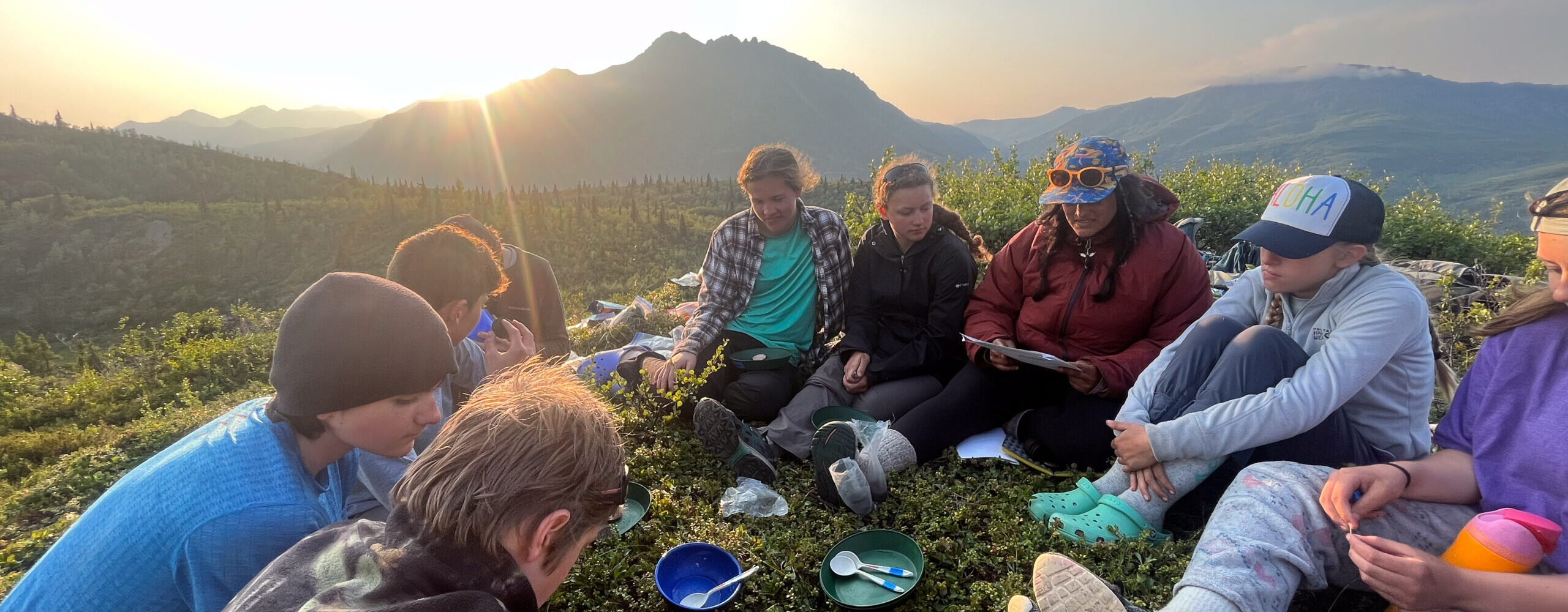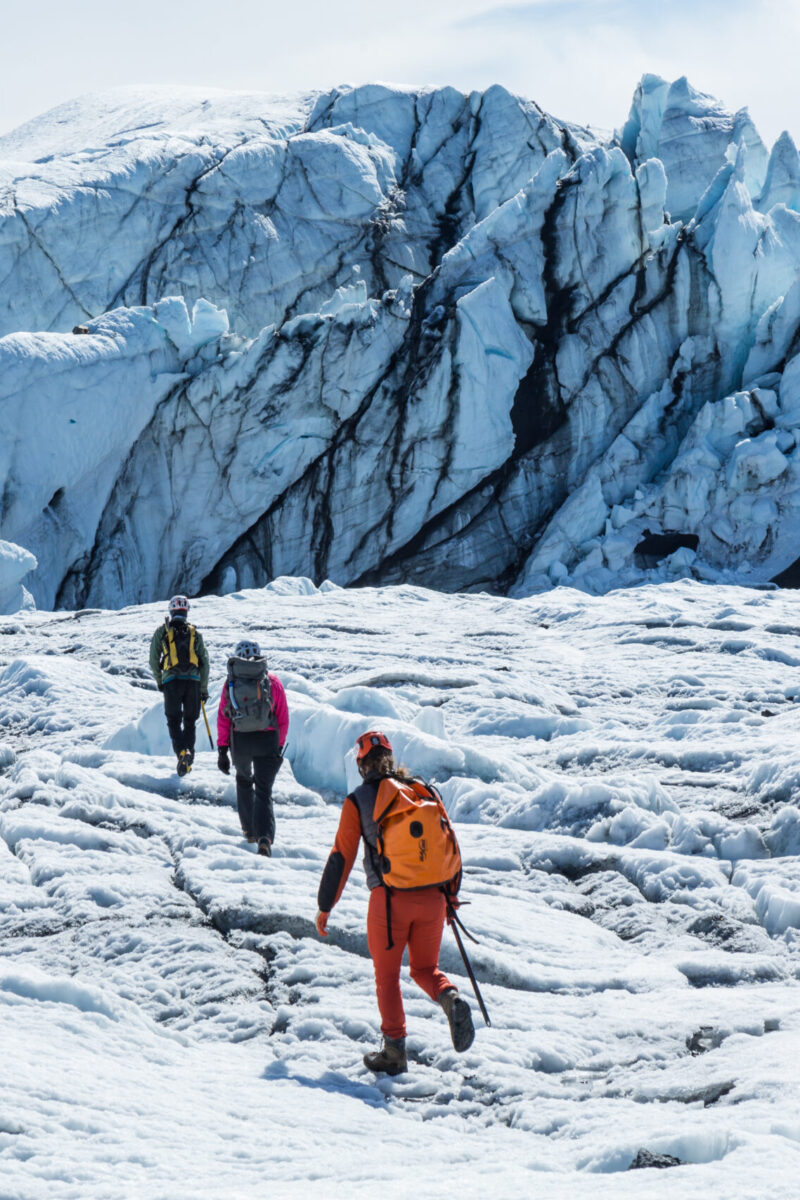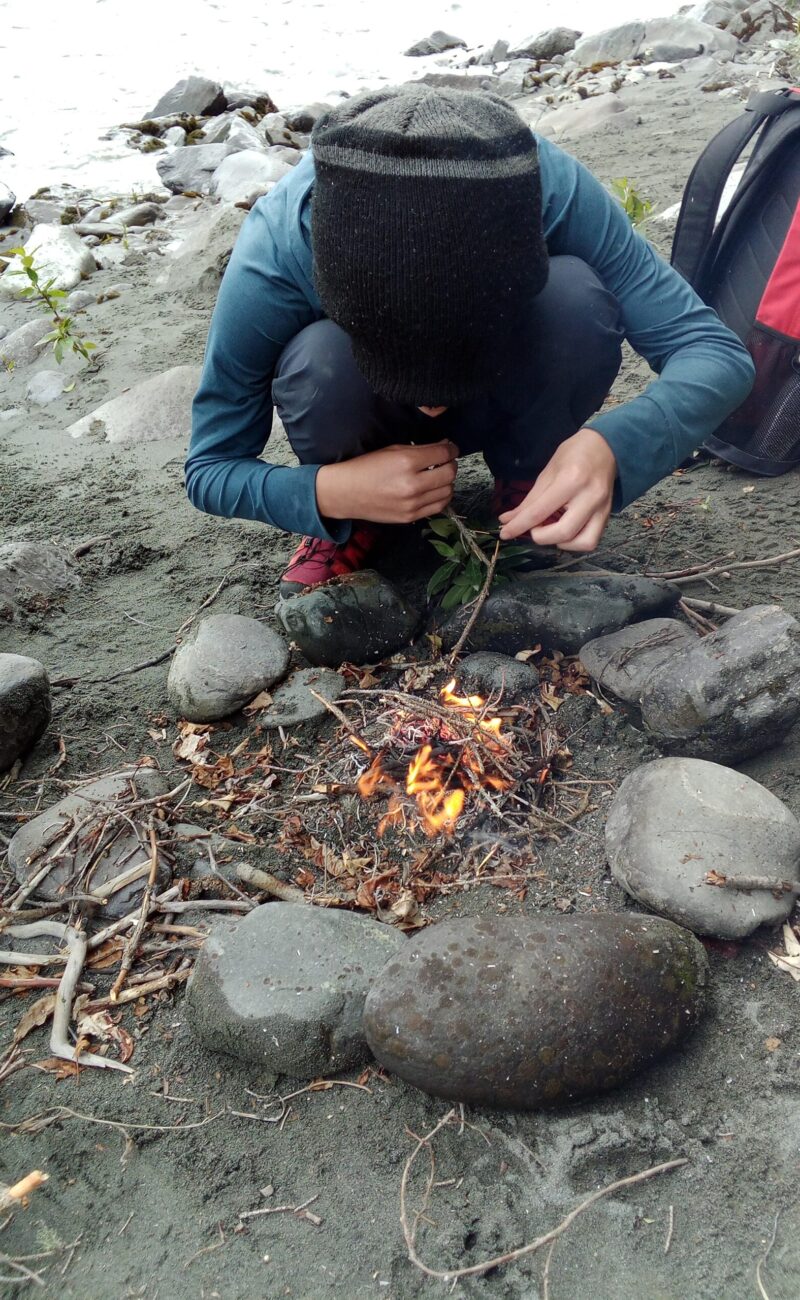
We focus on community because we believe that community is integral in the success of an individual.
Plus it’s more fun to do something with someone than alone!
Goals of Community:
-
-
- – Form lasting relationships
- -Deepen Empathy
- -Realize the Power of Collaboration
- -Have fun
- -To be a part of something bigger than yourself
-

We are leaders in the field implementing and engaging in restorative practices to build community with youth in the outdoors. When every individual’s voice is valued, in that space there is more room for empathy, communication, and sharing of ideas. Although our instructors make the final decision based on safety and we have an itinerary with the trip, the participants are the drivers of our community norms and are therefore responsible for upholding those norms and the natural consequences associated with it.
For example, we have a group that decides to make dinner late on a regular basis. This then pushes back clean up and closing circle, ultimately resulting in later bedtimes, but this doesn’t impact wake up times due to our course objectives. The natural consequence, tired teens!
The exercise of processing such mundane, yet immensely important subjects like sleep as a community is rewarding. As the group continues to learn to collaborate with each other, learn where each person needs support and where their strengths lay, it leads to a deeper connection with each other and the development of an individual’s leadership style.
Here is a very intentional way that we build community at MOI:
If you’ve spent any time in the backcountry (and if you haven’t trust us in this, food is ESSENTIAL!) We use this reality to deepen collaboration and teamwork. When a teen arrives at MOI, they are assigned to one of two teams. The teams take turns either preparing dinner, or cleaning up after dinner. You can see how (especially with teenagers!) the simple act of making dinner can lead to immediate need to improve communication skills: who’s chopping that? Did you grab this ingredient? Who knows how to work the stove?; and teamwork, where’s an extra knife? Let me help you.
On the flip side, when it comes to cleaning up, if the team decides not to clean up to standards because they’re tired or it’s late or they want to hike Lion’s Head, it can affect all of those the next time those pots and pans need to be used.
Eventually, participants get a chance to plan meals and facilitate what team cooking looks like in the field.
By the end of their time here, they will have felt like they’ve created relationships that can last, and will be welcome back year after year.

Scholarships Available
We want our courses to be accessible to everyone.
Generous donations from our community make this program possible. Thanks to our partners, we are able to offer discounts for a limited number of students. They can’t last forever, so take advantage of them while supplies last! Sponsors and scholarship amounts will change each month. Booking earlier will save you more.
This month’s sponsor is MICA Guides. Book online and use the code MICAGUIDES to save 50% on your tuition.




